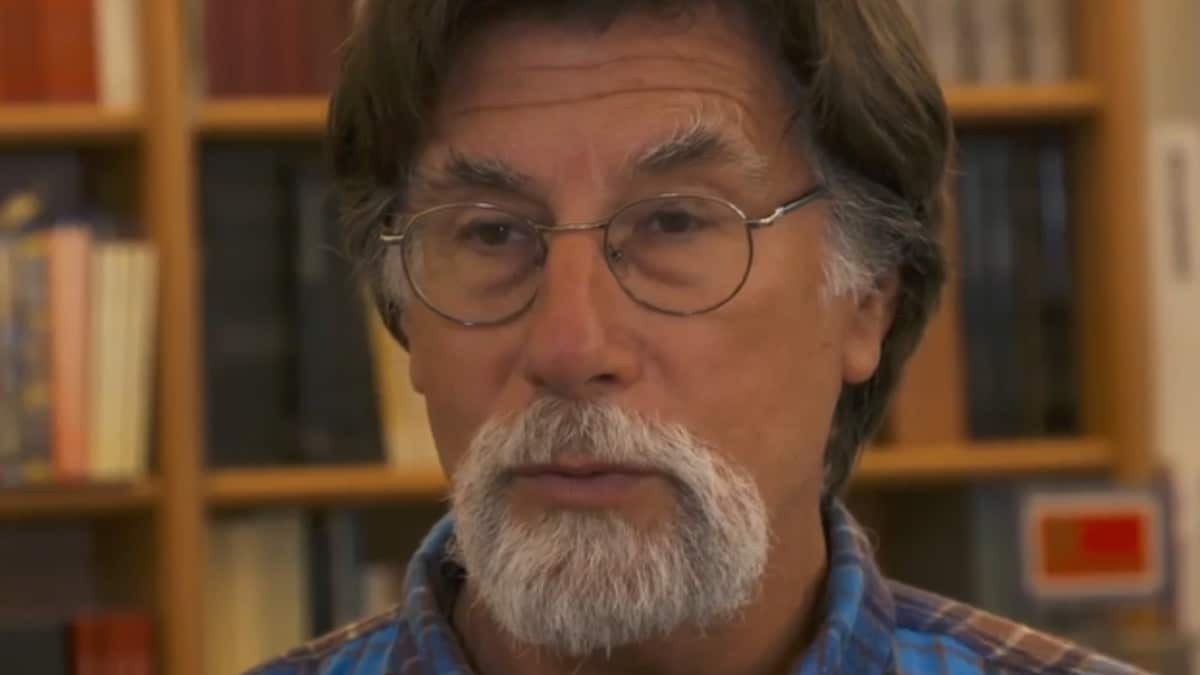
The Curse of Oak Island team was still in Italy for this week’s episode, and they found strong evidence of a voyage by sailors close to Templar Knights to the area of Oak Island nearly 100 years before Columbus reached America.
Rick Lagina and the guys were in Italy to research the long-held theory that members of the medieval order of Templar Knights hid treasure and ancient Christian relics on Oak Island.
The Templars had been a powerful order charged with protecting Christians in the Holy Land, but at the beginning of the 14th century, they fell from favor and were persecuted and disbanded.
The guys now believe that the Templars transported a quantity of treasure from Jerusalem through Italy, France, and Scotland and finally deposited it on Oak Island long before Christopher Columbus’s infamous voyage.
Rick and the guys met up with Professor Andrea Pirobilant at the American University of Rome, where they learned about the voyages of the Zeno brothers, who many believe traveled to North America in the 1390s.
Pirobilant, an expert on pre-Columbian voyages to America, explained that Antonio and Nicolo Zeno were two merchant sailors from Venice who sailed up to Scotland and the Faroe Islands in search of trade.
Did a 14th-century Scottish Templar Knight sail to Oak Island?
The Zeno brothers then met up with and began working for the Scottish Prince, Henry Sinclar, who was known as a Templar Knight sympathizer. Some historians have previously credited Sinclair with traveling to North America with saved Templar treasure.
However, Pirobilant produced a map created by a Zeno descendant in 1558 which showed the Zeno brother’s voyage. And incredibly, the map shows an edge of Newfoundland and Nova Scotia.

The professor also revealed another map from the late 17th century that actually credited Antonio Zeno with discovering Canada. The guys saw this as clear evidence that individuals connected with the Templar knights could have visited Oak Island in the 14th century.
The Oak Island team wasn’t finished there, though. They headed to an old Templar church in the town of Viterbo to examine the symbols on the walls. Here, they came across a carving of a cross with four dots, similar to the infamous HO stone.
The HO stone, found on Oak Island in the 1920s, was thought to be a marker and was so-called because it featured two symbols that looked like an H and an O, with a cross and four dots in between. Templar knight expert Gianluca DiProspero told the guys that the cross with the four dots symbol was used by the knights to indicate ancient relics were placed nearby.
Alex Lagina says the HO stone could be a Templar marker
Alex had a brainwave when he found a carving on a pillar that read “HIC” and was informed that “hic” means ‘here’ in Latin.
The younger Lagina noted the similarity of the carving to the one on the HO stone and speculated that the Oak Island stone may actually read, “Here is Templar treasure.” It’s a fascinating theory and definitely one that will have to be further explored.

Meanwhile, back on an increasingly rain-soaked Oak Island (winter is rapidly approaching), the Dumas mining company finally reached and secured the bottom of the garden shaft.
Marty Lagina and Charles Barkhouse traveled 82 feet down to the bottom, where they were both blown away by the excitement of actually getting below ground in the Money Pit area. Marty said, “The treasure hunt begins now.”
The Curse of Oak Island airs Tuesdays at 9/8c on History.
Exciting news, I just couldn’t wait to next week to find out what they were talking about, I wish them all well to eventually find the gold and silver with its indication from water samples.
is the lead token with hole looks like to me a gold treasure symbol with circle and dot in middle.
There’s an inscription in Chartres underneath a carving of the ark being transported including the word “Hic”